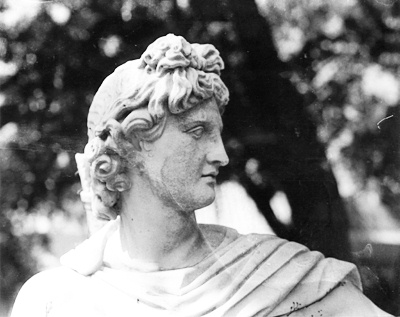All Nonfiction
- Bullying
- Books
- Academic
- Author Interviews
- Celebrity interviews
- College Articles
- College Essays
- Educator of the Year
- Heroes
- Interviews
- Memoir
- Personal Experience
- Sports
- Travel & Culture
All Opinions
- Bullying
- Current Events / Politics
- Discrimination
- Drugs / Alcohol / Smoking
- Entertainment / Celebrities
- Environment
- Love / Relationships
- Movies / Music / TV
- Pop Culture / Trends
- School / College
- Social Issues / Civics
- Spirituality / Religion
- Sports / Hobbies
All Hot Topics
- Bullying
- Community Service
- Environment
- Health
- Letters to the Editor
- Pride & Prejudice
- What Matters
- Back
Summer Guide
- Program Links
- Program Reviews
- Back
College Guide
- College Links
- College Reviews
- College Essays
- College Articles
- Back
A Rebuttal of Thomas Hobbes’ Theories
A government, which is the most important and indispensable part of a society, is the system or group of people governing an organized community to protect its members and their rights. What type of the government should be applied is always a heated and controversial topic. One avid political philosopher that theorized much about this is Thomas Hobbes. Throughout his life, Thomas Hobbes focused on the problem of social and political order, mainly how people can live together peacefully and avoid the danger of civil war and social disorder. Hobbes lived during English Civil War, from 1642-1651, a time period of upheaval and turmoil, where the country was militarily divided and the inequalities in wealth and political rights were vast. Largely influenced by it, his view on human nature was pessimistic: “The condition of man... is a condition of war of everyone against everyone.” According to him, human beings are selfish creatures who, when placed in a natural state without any form of government, would be in state of continuous warfare with one another. In this situation, it is impossible to accomplish any effective cooperation and overall security. He then proposed that “it is not wisdom but Authority that makes a law.” The only true and correct form of government strong enough to restrain human nature is absolute monarchy, where a king wields supreme power over obedient subjects. Hobbes also agreed with the social contract theory which is an implicit agreement between the ruler and his people to cooperate for social benefits; however, he did not believe the people have power to rebel at any time. Despite Hobbes’ arguments, it is completely impossible to establish a long-term prosperous country based on a government of absolute monarchy for several reasons.
First, the unequal distribution of power could lead to inequalities in the lower class, because the king holds absolute sovereignty in the country. Usually monarchs are selected based on hereditary rights, which means they are born to be the kings, not chosen by their subjects. These rulers lived in great luxury and happiness since they were born and never experienced any troubles of livelihood, thus they could not build natural connection with low-born people. If a leader does not empathize with his people and not understand what problems they face, how can he make proper decisions to improve their living conditions and speak out against the injustices they have suffered? The government, that is spearheaded by this ruler and is unable to protect its citizens, cannot be considered as a successful one.
Second, it is easier for an ineffective monarch to cripple the country since he would decide on the majority of the policies. As stated above, people do not have rights to choose their ruler, so whether the next one is intelligent or not is unpredictable. A debauched ruler could easily destroy the whole country regardless of its hundred years’ foundation. Take the Chinese emperor, King You of Zhou, as an example. He was notorious for his corruption and lust in Chinese history. During his reign, he did nothing valuable for his subjects and instead flattered his beautiful queen and exploited his people. In order to amuse his favored queen, King You lit warning beacons and fooled his nobles into thinking that the nomads were about to attack. The nobles arrived at the castle and found themselves laughed at by the queen. Even after King You had impressed her, he continued to abuse his use of warning beacons. Finally, when the real enemy attacked Zhou, no one stood out to help him, because he had already lost the trust of the nobles. This harsh history teaches us a lesson about the potential problems that exist in absolute monarchy at the expense of the extinction of a dynasty.
Third, a prosperous country cannot exist upon absolute monarchies because when people suffer long-term abuses, it is extremely challenging for them to throw off the current government and establish a new one, since they does not have the legal rights to rebel against the government. However, a republic or democratic government would be able to solve the same problem easily. In these political systems, different branches equally share power and check one another. The citizens enjoy the right to vote for their ideal leaders that champion their views and to topple the corrupt ones immediately. Compared to them, an absolute monarchy cannot reach the basic standards and respect people’s rights. Based on the three reasons discussed above, the conclusion can be drawn that it is irrational to have a monarchical government because restraint on human nature and protection for the rights and safety of people are needed.

Similar Articles
JOIN THE DISCUSSION
This article has 0 comments.

Thomas Hobbes was one of the most important philosophers during the Enlightenment. However, I disagree with his theories about the best government system. This essay summarizes his theories and states my reasons.